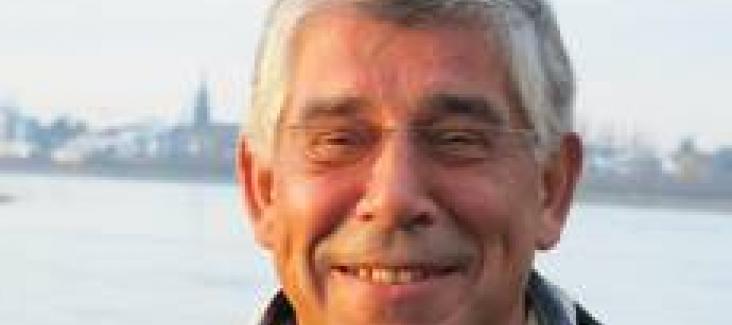Democracy International: Dr. Klaus Hofmann, what is it like to be back after travelling South America for two months?
Dr. Klaus Hofmann: I am in a process of adaptation. I had the chance to learn about so many things that I need time to reflect and to understand what I experienced. Also, I have to adapt to the cold temperatures here in Cologne.
Can you tell me briefly about the main difference between South America and Europe in terms of culture and politics?
People’s habits, customs and behavior are very different from the way Europeans live. It is not possible to give a brief reply. We in Europe often think South America as a big block of countries which are all the same. But when you are in South America for a while, you experience that this is not the case at all. Each country is individual. Each country has its own character.
Also, the differences between the countries are surprising in terms of people’s attitudes towards politics. For example, speaking to people in Ecuador I usually heard the sentence “No me gusta politica!” (I don’t care about politics). In contrast, people care and are very interested in political affairs in Peru. This is also confirmed by research by C2D (Centre for Research on Direct Democracy) which states that more than 6000 recalls happened in Peru.
What is the difference of direct democracy between South America and Europe? After democratization of the countries, most of the new constitutions include instruments of direct democracy while a lot of European constitutions do not have these instruments. In South America, most of the instruments are used top down and not bottom-up. It’s a paradoxical situation: In South America, the bottom-up instruments do exist but civil society organisations are still too weak to make use of them. In contrast, we have strong civil society organizations in Europe who fight for more direct democracy rights but only few of these rights are constitutionally implemented.
What was the most impressing experience regarding democracy that you made during your journey?
That was definitely to learn about the indigenous people in Equador, Peru, Bolivia and Brazil and to hear about their fight to be recognized and to be respected. During my visit to Equador I had the chance to talk to Ramiro Rivadeneira Silva from Quito who has the function of what is known in Europe as an ombudsman. Ramiro Rivadeneira Silva told me that approximately 15 years ago the indigenous people were still “invisible”. This has changed. Today they make themselves heard and they demand their rights they are entitled to through the constitution and laws.
Has your journey changed the way you look at Germany?
Yes, for sure. It is always the same: when you travel to other countries with different cultures, you look at your own society with a new perspective. Regarding direct democracy I came to appreciate much more civil society organizations in Germany. These organizations have a good basis for developing bottom-up initiatives. Also, I am more relaxed regarding the issues Germany is facing today.
Being back, what are you going to do next?
I am going to work on the presentation by Toribia Lero Quispe, who is the representative of an indigenous women’s organization in Bolivia. Ms Quispe gave a presentation at the global forum on modern direct democracy in Montevideo that I organised as part of my journey. I am going to translate the presentation to make it accessible to the whole world.
Thank you for the interview.
Questions by Cora Pfafferott

